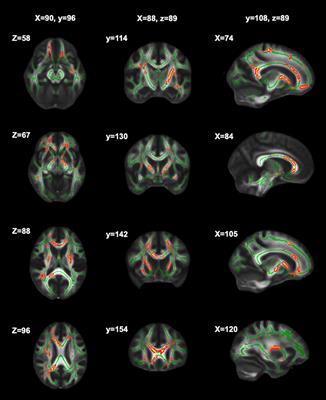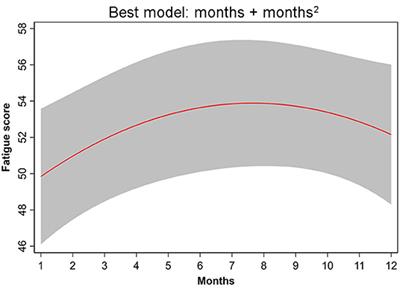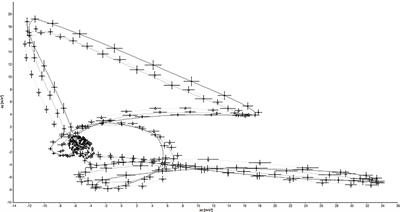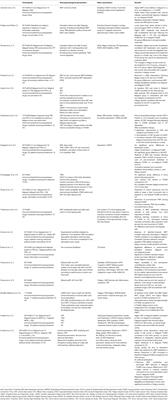EDITORIAL
Published on 07 Feb 2023
Editorial: Fatigue in multiple sclerosis—A current perspective
doi 10.3389/fneur.2023.1150717
- 1,086 views
- 3 citations
10k
Total downloads
37k
Total views and downloads
Select the journal/section where you want your idea to be submitted:
EDITORIAL
Published on 07 Feb 2023
REVIEW
Published on 27 Jul 2022

ORIGINAL RESEARCH
Published on 04 Jul 2022

MINI REVIEW
Published on 27 Jun 2022
BRIEF RESEARCH REPORT
Published on 17 Jun 2022

ORIGINAL RESEARCH
Published on 09 May 2022

MINI REVIEW
Published on 28 Apr 2022

ORIGINAL RESEARCH
Published on 07 Apr 2022

ORIGINAL RESEARCH
Published on 29 Mar 2022

MINI REVIEW
Published on 15 Feb 2022


Frontiers in Immunology